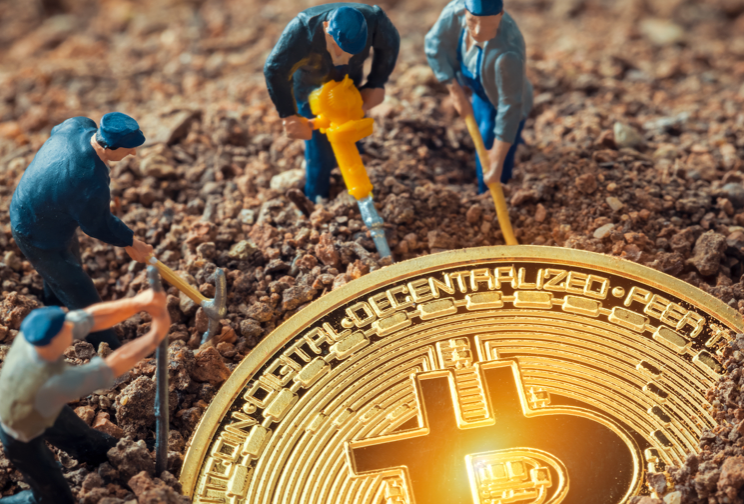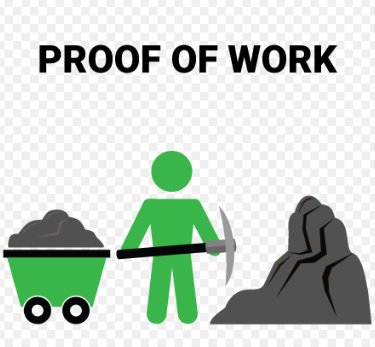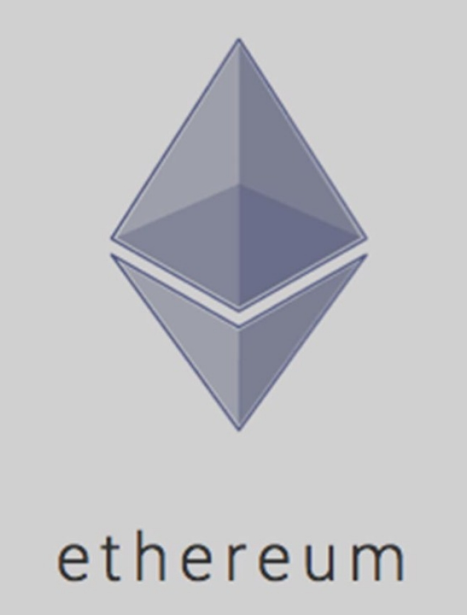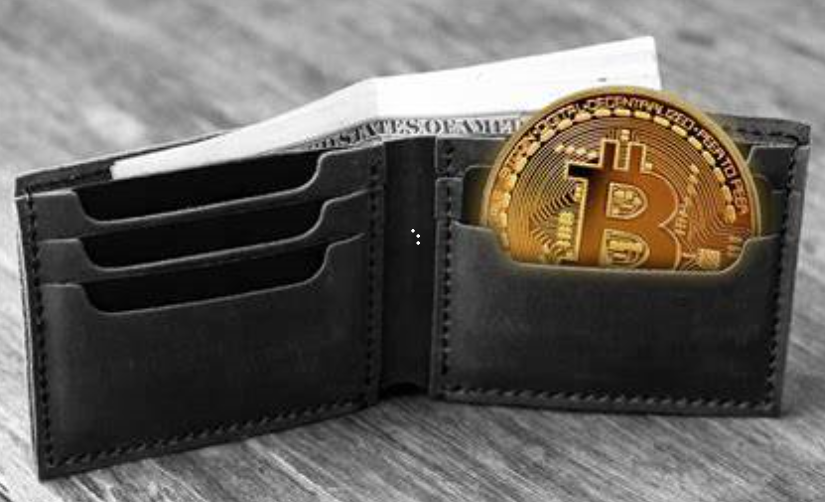Miners keep the blockchain verified and secure
The term “miners” was selected to associate the mining of gold with the process of mining Bit “coins”. Gold is considered valuable throughout the world and it is difficult to mine from the earth. "Mining" in Bitcoin mining is also difficult, taking great amounts of computational power to be highly competitive in order to receive Bitcoin.
How bitcoin miners started

Bitcoin mining started with Satoshi Nakamoto, an unknown figure who founded Bitcoin, by testing his software and mining the first coins in 2009 to prove that his system worked. This took very little computer power as he was the only one on the network mining Coins.
The first block on
the blockchain produced 50 coins. During
the first 6 days he created 43,000 coins worth over a billion dollars as of this
post. In 2009 they were worth zero, so
he started creating demand for his coins over the next few months.
Since the dawn of the internet, independent spirited individuals were looking for the holy grail of digital transactions on a peer to peer basis.
Many attempts had been made and all had failed. Nakamoto had figured out a digital peer to peer transaction with no third-party "trusted" entity.
Instead he used an incentive program where
anyone with a computer could download the software and start mining Bitcoin.

Mining is a misnomer, it really means verifying transactions and being paid in Bitcoin for your work which is called proof of work.
The blockchain is a distributed ledger of
each transaction ever made in the Bitcoin network, and miners are the ones who
verify there are no double transactions or any other chicanery. Only one miner at a time gets to place the
block, but the community of miners verifies the transactions are correct.
Hash encryption
A Hash is a 64 bit encryption using 256 SHA^2. Each block takes all unverified transactions in 10 minute increments, adds each hash (individual transactions) into a block which will also end up as a 64 bit hash.
Yes, this can be
hard to put your mind around, just think of it as zipping or condensing a file. Please click here to see how this works. Whether it’s one
sentence or War and Peace, your hash will be 64 digits. To keep this simple, the system works and the
system itself is fool proof.

Using the concept of competition to get the transactions verified (mined) first has led to miners combining forces and pooling their computational power. In a way this is like buying lottery tickets, the more you buy the better chances you have to win.
The more power you use the more likely you are to get your Bitcoin. The cool thing is that the more power and the more people vying to mine Bitcoin, the harder the computation gets so that each block never exceeds 10 minutes.
Also the number of coins awarded per block decreases by half every few years. As of
right now about 80% of the total Bitcoins (18.5 of 21 million) have been
mined. Once these are depleted the
miners will be paid with small transaction charges.

Mining was the missing part of the puzzle that had been so
crucial and the reason so many others had failed at creating digital peer to
peer currency without going through a central institution. As attitudes change
and the community grows, Cryptocurrency has a huge potential for changing how
we see money and our society in general.
Recent Articles
-
Cryptocurrency is about to go mainstream, come find out why.
Feb 20, 22 11:33 AM
Cryptocurrency about to explode, as big money starts to invest these prices won't stay low for long! -
Theta Network
Feb 19, 22 11:14 PM
Theta technology solves the internets slow transmission speeds through incentivized bandwidth sharing. -
CryptoWallet tips and tricks and keeping your Crypto safe.
May 31, 20 05:17 PM
How to store your Coins in Crypto Wallet giving you peace of mind!

